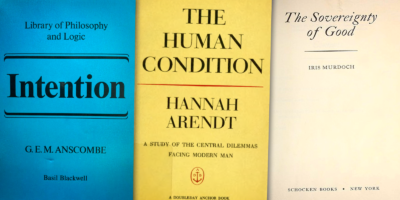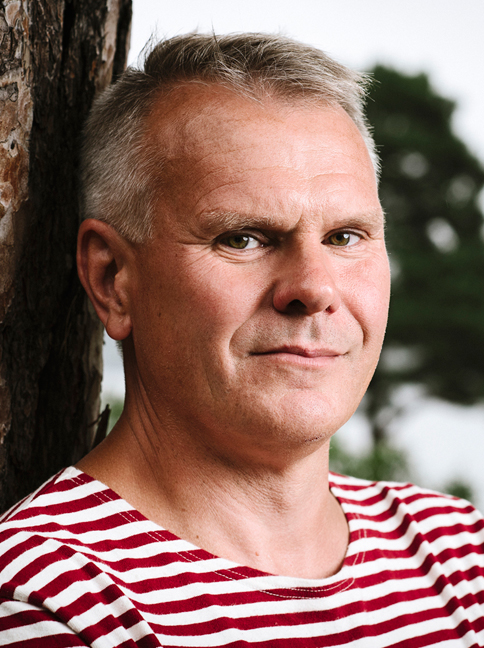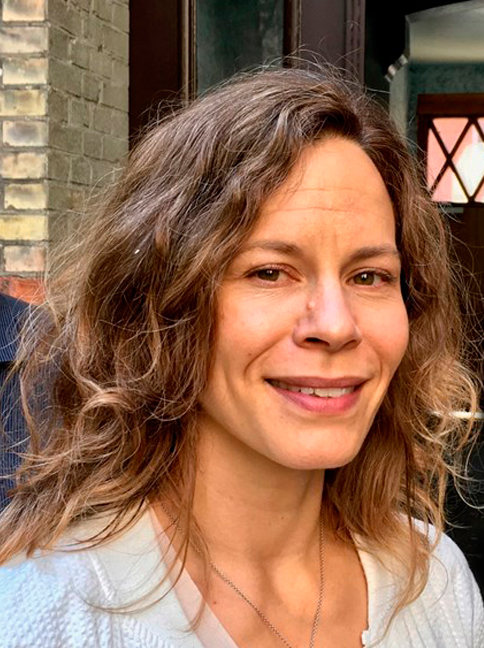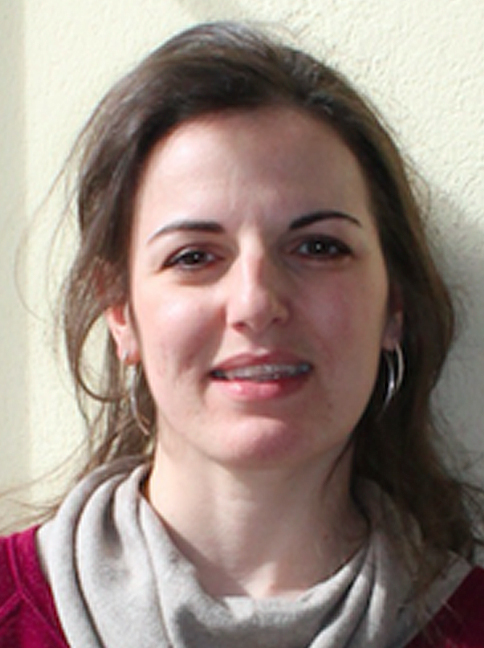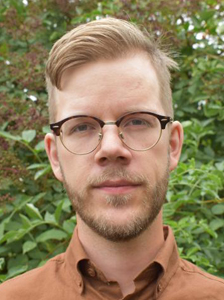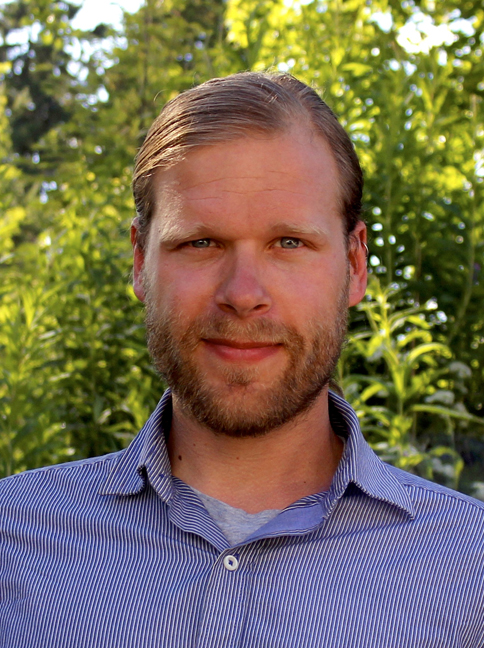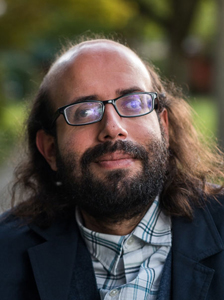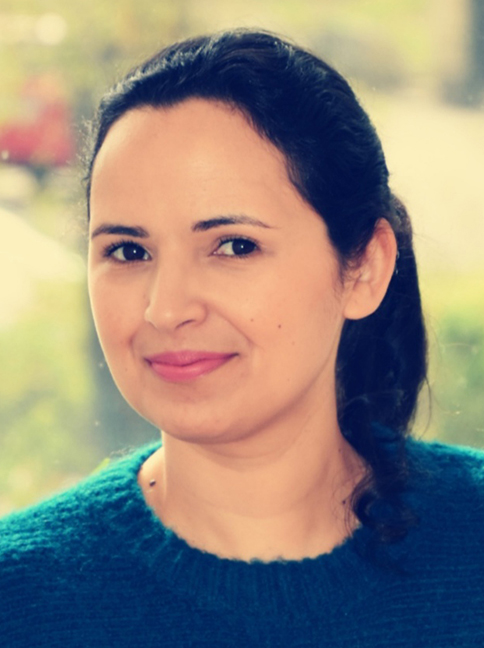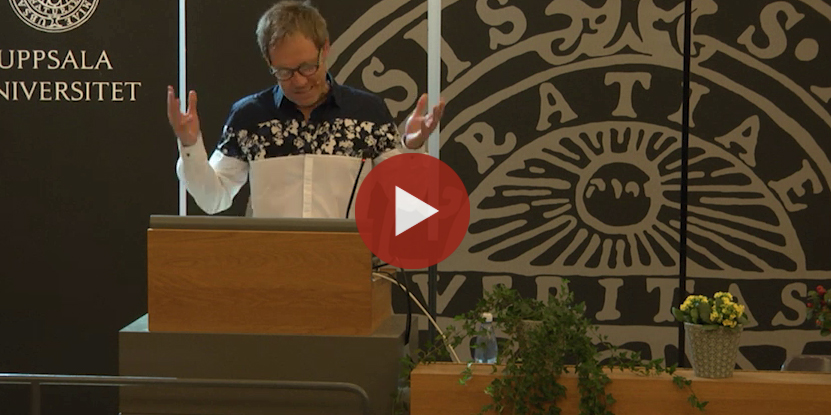This academic year, Associate Professor Sverker Finnström will give a PhD course on anthropology and its classics and history of ideas. The course will start on Oct. 4, 2018, and end in May, 2019. Besides an in-depth reading of a selection of classical anthropological texts and monographs, the course will highlight how the theme of vulnerability has been addressed in shifting ways over time. Quite visibly, anthropology has a long history of studying vulnerability as a state associated with helplessness, silence, disempowerment and lack. In both colonial and postcolonial times, anthropologists have worked to understand, even assist and empower vulnerable groups. While on the hand discussing such trends in the history of anthropology, the course will also offer a new focus in the reading of the classics. It will discuss if there are examples, in the classic literature, that 1) promote an understanding of vulnerability as something more than a lamentable condition from which social groups should be defended, rescued or liberated, and 2) how such examples may or may not theorize vulnerability as a productive position, condition that does something, both on collective and individual levels.
PhD course open to: PhD students in Cultural Anthropology, and PhD in other disciplines, subject to the approval of the instructor
Course title: Anthropology’s Classics and History of Ideas
Dates: October 2018-May 2019
Course coordinator/instructor: Sverker Finnström, Department of Cultural Anthropology and Ethnology, Uppsala University
ECTS: 15 credits (7.5 credits also possible)
Contact: Sverker Finnström (sverker.finnstrom@antro.uu.se)
Course objective
To provide an orientation in the development of anthropology and its roots, and a familiarity with the most cited scholars as well as important themes, methodologies and theories in the discipline, and their historical groundings.
Learning outcomes
After accomplishing the course the student is expected to:
- Possess an in-depth understanding of the historical development of the discipline of anthropology;
- Be able to identify and discuss major contributions to the development of anthropology, including those related to the theme of vulnerability;
- Be able to elaborate on implications of some of the classical works in anthropology for the student’s own thesis project
Course content and method of instruction
The course consists of an instructed course of seminars on major theoretical, methodological and thematic concerns and practices, including ethics.



